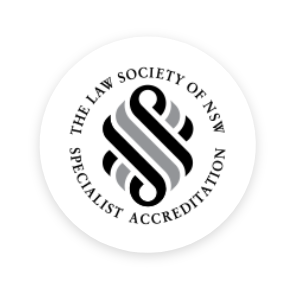What does the agreement do?
We use a share or unitholder agreement to set out important provisions for that particular venture. Common examples include:
- Special founders’ rights.
- Decisions that require a special majority.
- Investor exit, often with different ‘good and bad leaver’ provisions.
- Valuation methodology.
- Buy/sell provisions and funding.
- Growth and exit strategy.
- ‘Drag along/tag along’ rights.
- Dispute resolution.
Why not vary the constitution or deed?
It seems simpler to have a single document dealing with all aspects of governance and management but we find several factors outweigh
that simplicity.
For instance, integrating extra provisions into a standard constitution or trust deed makes for drafting that is more complex and expensive than starting from scratch.
Also, large parts of a constitution or deed are rarely relevant to management or investors. Dealing separately with ‘the important stuff’ gives a more focussed and usable document.
Our experience is that the best compromise is to accept the standard constitution or trust deed and expend our time and the client’s money on a separate share or unitholder agreement that has precedence over the default document.
How can Fleming Muntz help?
Fleming Muntz’s accredited business law specialist prepares share and unit holder agreements regularly. We know that they can be difficult documents for clients to finalise and work closely with referring accountants to produce a document that works financially as well as legally.
Important fine print
This update is for general information only. It is not a complete guide to the area of law. Competent advice should be obtained before taking any action.

